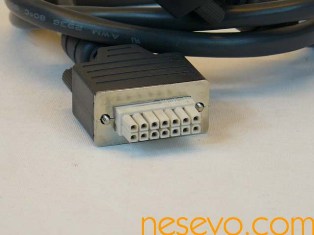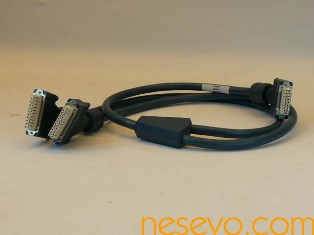Difference between revisions of "RPS / Redundant Power System"
From NesevoWiki
Jump to navigationJump to search| Line 2: | Line 2: | ||
[[image:CAB-RPS-1414_2.jpg|framed|CAB-RPS-1414 detail]] | [[image:CAB-RPS-1414_2.jpg|framed|CAB-RPS-1414 detail]] | ||
[[image:CAB-RPS-2218.jpg|framed|CAB-RPS-2218]] | [[image:CAB-RPS-2218.jpg|framed|CAB-RPS-2218]] | ||
| − | |||
[[image:CAB-RPSY-2218.jpg|framed|CAB-RPSY-2218]] | [[image:CAB-RPSY-2218.jpg|framed|CAB-RPSY-2218]] | ||
[[image:CAB-RPSY-2218_2.jpg|framed|CAB-RPSY-2218_detail]] | [[image:CAB-RPSY-2218_2.jpg|framed|CAB-RPSY-2218_detail]] | ||
Revision as of 11:46, 28 August 2009
RPS stands for Redundant Power System. This system will be a backup for your system if your power supply on your Router or Switch breaks down. When this is happening, then the RPS will start up and impeded will bridge the current entry.
Following RPS Systems are available:
| RPS 300 (PWR-300-RPS-N1) | + | CAB-RPS-1414 | ||
| RPS 600 (PWR-600-AC-RPS) | + | CAB-RPS-2218 / CAB-RPSY-2218 | ||
| RPS 675 (PWR-675-AC-RPS-N1) | + | CAB-RPS-1614 | ||
| RPS 2300 (PWR-RPS2300) | + | PoE (Power over Ethernet) |
If you click on the individual Redundant Power Systems, you can see a matrix with routers and switches are assisted.





